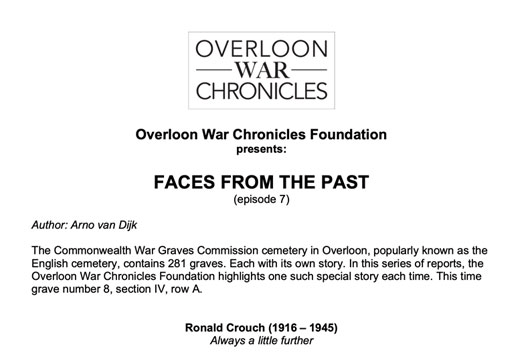Crouch | Ronald
- First names
Ronald Lionel
- Age
28
- Date of birth
14-07-1916
- Date of death
26-06-1945
- Service number
126234
- Rank
Major
- Regiment
Royal Artillery, 75 Anti-Tank Regt.
- Grave number
IV. A. 8.

Photo: Collection Jamie Gibbons
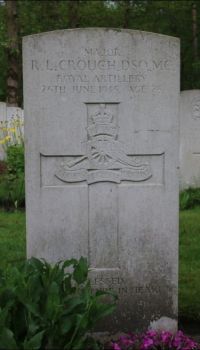
Author Arno van Dijk
Faces from the past
The Commonwealth War Graves Commission cemetery in Overloon, popularly known as the English cemetery, contains 281 graves. Each with its own story. In this series of reports, the Overloon War Chronicles Foundation highlights one such special story each time. This time grave number 8, section IV, row A.
Ronald Crouch (1916 – 1945)
Always a little further
“Ronnie was a great fighter and the life and soul of any unit he was with. The part played by men of his character in winning a war must be very great.”
(Source: Quote from a letter from a friend of Ronald Crouch to Elizabeth Crouch)
The sun is relentless. The heat is unbearable. But they must go on! They have been walking through this desert for over 3 weeks now, this huge sandbox that never ends! They must have covered more than 250 miles by now. How far is it to their own British lines in Egypt? And what is the chance that they will be captured again by those Germans or Italians before that time? They have to move on. They must go on!
Biography
Ronald Lionel Crouch is born in Bishopston, a suburb of Bristol, on Friday 14 July 1916. He is the son of Ernest W. Crouch and Enid Crouch.
Ronald, known as Ronnie, is educated at St. Brendan’s College in Bristol and will work for Marks & Spencer Ltd.where he climbs up to the position of assistant manager of the Castle Street branch.
In June 1940 Ronald marries Elizabeth (Betty) Jones.
Elizabeth is the daughter of Edwin Jones and his wife who live at Backingstone Farm in Bishopston. However, this is not the suburb of Bristol, but the village with the same name near Swansea in Wales. Two places with the exact same name with only 80 miles (130 kilometers) between them. After their wedding Ronald and Elizabeth move to Bishopston (Wales). Their only child Roberta (Bobbie) is born on 27 October 1940.
Ronald is a sportsman, he is a fanatic rugby player. His wife Elizabeth is a district nurse in their hometown.
At that time Ronald’s military career has already been underway for 8 years. Because on 16 August 1932, as a 16-year-old, he joins the Territorial Army (Territorials), the active volunteer army of the United Kingdom. In 1939 he transfers to the British Army.
Serving in France in 1940, he is wounded there and is evacuated a week before the thousands of British troops have to be evacuated from the beaches of Dunkirk to escape from the advancing Germans.
After his recovery, Ronald is sent on a military mission to Greece. Fierce fighting forces him to be evacuated to Crete.On Crete he gets slightly injured and manages to escape in a small fishing boat.
He serves in Tunisia and fights against the Afrika Korps of German General Rommel.
The German Afrika Korps was sent to Libya in February 1941 to support the demoralized Italian forces in their Libyan colony. The Italians had suffered one defeat after another against the British troops. With the deployment of the Afrika Korps, Hitler hopes to turn the battle in North Africa in favor of the Axis powers again.
The main goal in that campaign for the Germans is to gain control of the Suez Canal in British-controlled Egypt. The Suez Canal, also known as the ‘trachea of the British Empire’. When that strategic canal falls into German hands, it could mean a total turnaround in the war.
But the Germans face problems in the African desert. There is the exhaustion because of the continuous struggle and the desert climate. But the supply lines from Italy across the Mediterranean are also getting longer. The supply lines are under constant attack from the British, both at sea and from the British air bases in Malta.
The most important factor, however, is that the British are getting stronger in Africa. But also the focus of the German high command in Berlin changes, seeing that Berlin is forced to concentrate more and more on the hard battle on the Eastern Front, the battle with the Soviet Union.
In the battle in Africa Ronald distinguishes himself through his bravery and actions, including in the battles around the Rewizat Ridge.
His military career, meanwhile, is moving very quickly. In February 1942 he is promoted to Captain. But shortly afterwards he is captured in Benghazi, in Italian Libya.
He is put in a German prison in the city where many more British are imprisoned. Sitting there and waiting for what’s to come, this was not Ronald’s spirit. He wants out!
That opportunity comes unexpectedly when British bomber planes attack the city of Benghazi. In the confusion that ensues, Ronald and 10 other young British officers manage to escape from their prison.
It’s the start of a hellish journey. In 29 days the men walk nearly 300 miles eastwards, across the desert, through enemy lines on their way to their own British lines.
The desert climate is unforgiving and unpredictable. This trip is one of heat and burning sun, but also of heavy rain and bitter cold. During their journey the men meet nomads who offer them a place to sleep, the men are given bread and goat’s milk, and then continue their long journey.
During the last days of their journey, the men suddenly see a German transport truck approaching. The men lay low, but the moment the truck is close enough, the British suddenly jump onto the road and pretend it’s an ambush. The German driver is forced to stop.
One of the British officers holds a wrench in his hand like a pistol. Convincing enough for the German driver who surrenders immediately.
But it turns out that this truck doesn’t have enough petrol to complete the journey to the British lines. They tie up the German, take his revolver and wait for a second truck. A second truck soon appears, the men also force this truck to stop and they also capture this driver. After a journey through enemy territory, they arrive at their own British lines with 2 trucks and the 2 German prisoners. They succeeded! Then the men are transferred to Cairo in Egypt. Ronald is hospitalized with dysentery and a grenade wound in the arm.
From Cairo Ronald writes in a letter to his wife Elizabeth: “We had no food for the first few days, and then had with the Arabs some goats milk and bread. On that diet I lost two and a half stones, so am now on a reasonable weight again.” […] “We had lots of excitement getting away, and lots of narrow squeaks. It was the worst and hardest three weeks of my life.” […] “We had no boots or blankets. It rained most days and was bitterly cold, but gosh, it was grand to be back again.”
You can read the full version of “Faces from the Past” below.
Photos
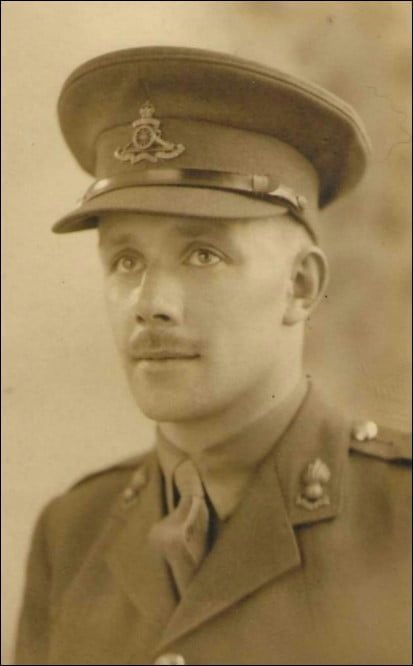
Photo: Collection Jamie Gibbons
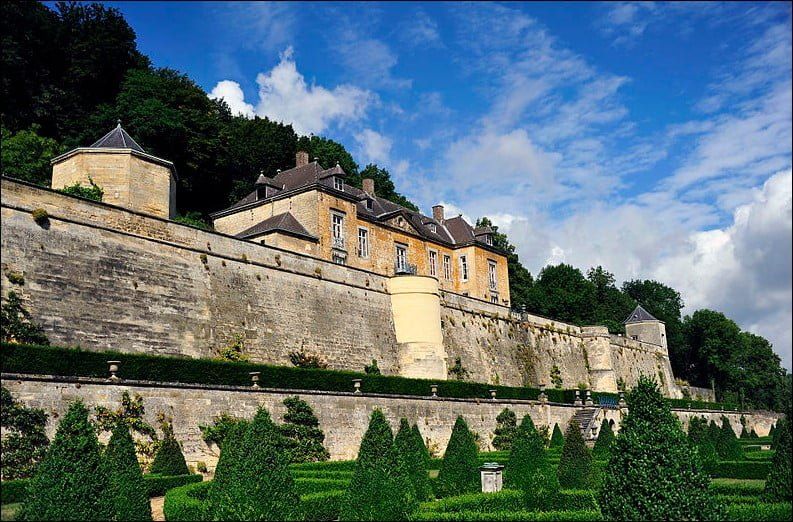
Source see the full version
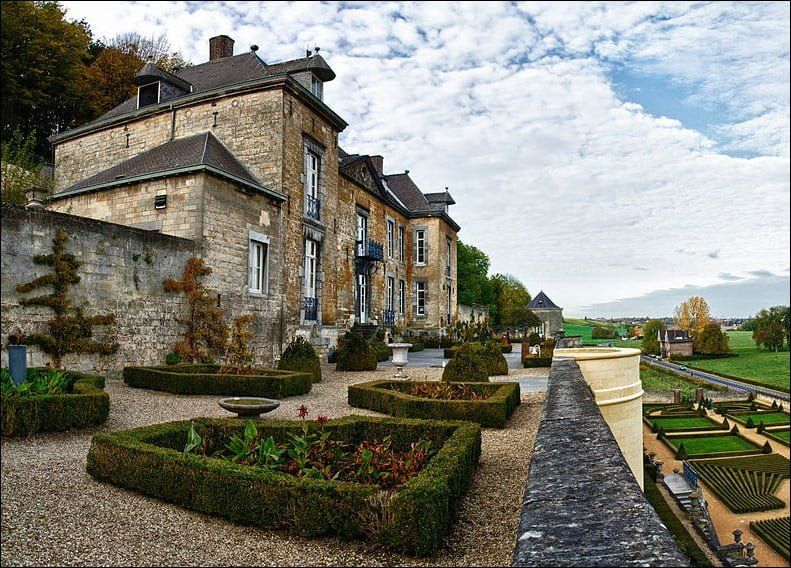
Source see the full version
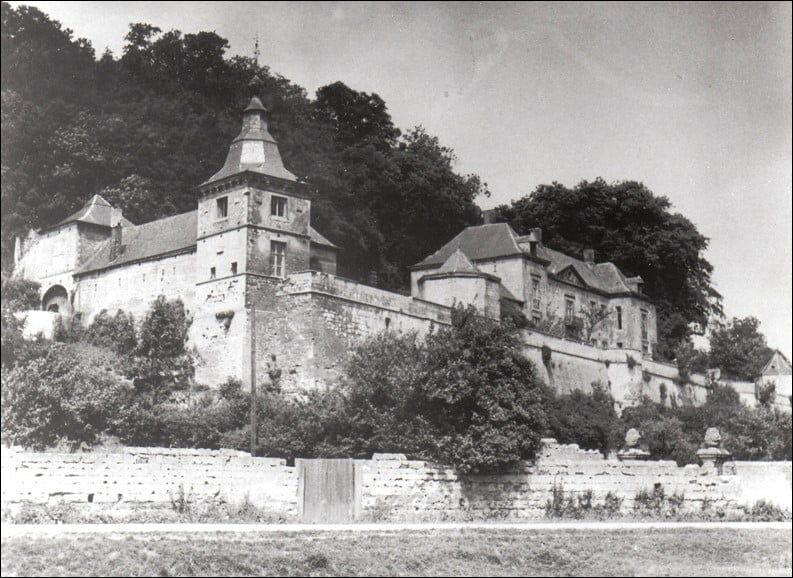
Photo: Collection Din Hoogma

Photo: Collection Din Hoogma

Photo: Collection Din Hoogma

Source see the full version

Source see the full version
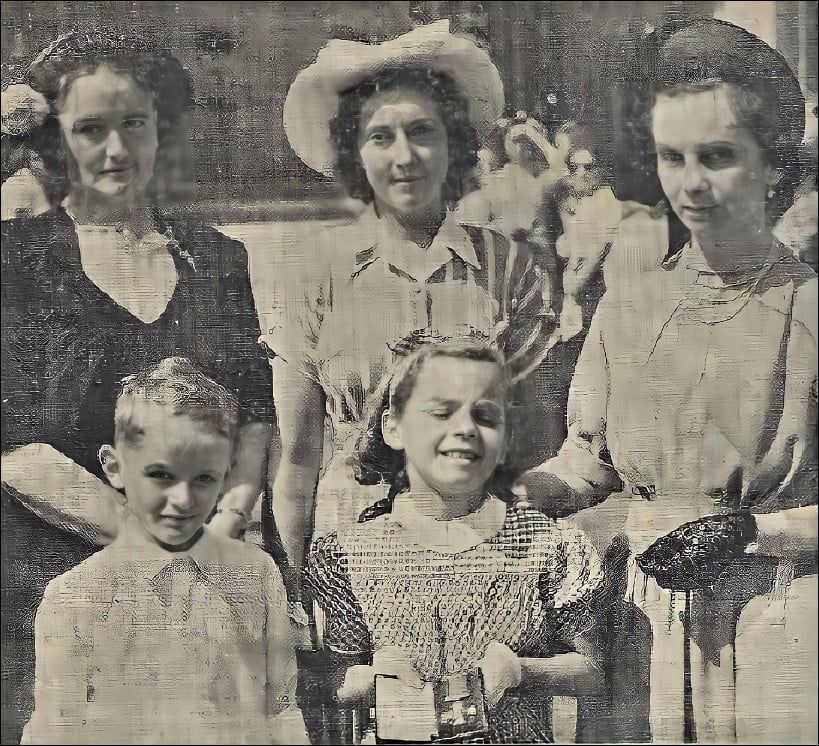
Source see the full version
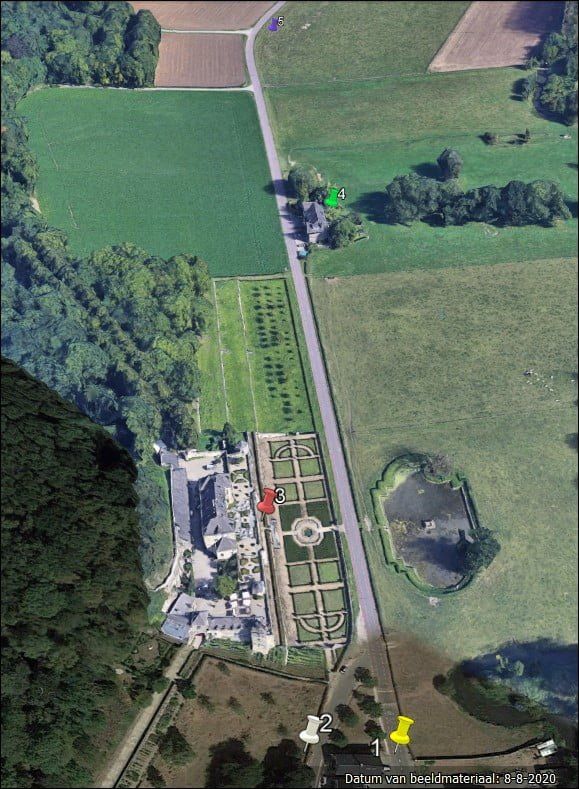
Source see full version
Sources and credits
Jamie Gibbons (2021)
Several British newspapers concerning the Benghazi escape of Ronald Crouch (1942) Parts of letter Ronald Crouch to his wife Elizabeth Crouch (1942)
Letter army friend of Ronald Crouch to Elizabeth Crouch (1945)
Whereabouts 75Atk 11AD Normandy – Sint Anthonis (Author Piet Peters, 2021)
Din Hoogma (2021)
Jaarboekje voor de ambtenaren der Directe Belastingen, Invoerrechten en Accijnzen (1955) Geheime Kommandosache (auteur Karsten Porezag, Wetzlardruck, 1997)
Findagrave.com
Encyclo.nl
RHCL.nl
Historica.fandom.com/wiki/battle_of_El-Hamma
WW2Today.com
Monumentregister.cultureelerfgoed.nl
Oostwegelcollection.nl
Visitzuidlimburg.nl
Grensmarkeringen.be
Heemkundekanne.be
Industriespoor.nl
Mestreechtersteerke.nl
Nl.wikipedia.org
Thanks to: Jane Hope
© 2021 Arno van Dijk on behalf of the Overloon War Chronicles foundation.
